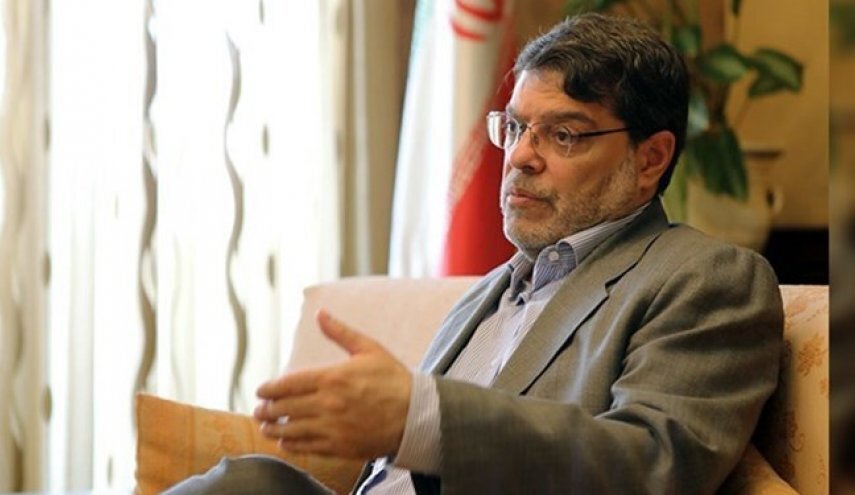Nuclear adviser disputes rumors of direct, covert talks with U.S.

TEHRAN- Reports of direct conversations between Iran and the United States have been refuted by an adviser to the Iranian nuclear negotiating team, although “indirect” bilateral contacts through third parties like the United Nations and Oman have been confirmed.
In a Monday evening TV broadcast, Mohammad Marandi stated “the two parties do not sit together for talks in one room.”
He underlined that the negotiations between Tehran and Washington have so far focused on the exchange of prisoners and the freeing of Iranian assets confiscated by the U.S. following the re-imposition of sanctions.
The advisor’s comments come a day after Leader of the Islamic Revolution Ayatollah Seyed Ali Khamenei stated there is nothing wrong with striking an agreement as long as Iran’s nuclear infrastructure is not compromised.
Earlier in the day, according to the spokesman for the Iranian Foreign Ministry, Tehran has never left the negotiating table and has demonstrated sincerity about reaching a deal to revive the 2015 Iran nuclear accord.
Nasser Kanaani, speaking at a news conference on Monday, said Iran has never abandoned diplomatic attempts to lift the harsh sanctions imposed on the Iranian nation after the U.S. withdrew from the nuclear agreement, officially known as the Joint Comprehensive Plan of Action (JCPOA), in 2018.
“Iran’s government has never left the negotiation table and has shown its readiness to conduct serious and substantive negotiations in order to reach a conclusion,” he noted.
On Sunday, Ayatollah Khamenei said Iran does not trust the West, which he said has “reneged on its promises numerous times and has proven to be untrustworthy.”
In his Monday press briefing, the Foreign Ministry spokesperson also acknowledged that messages were exchanged between Iran and the U.S. with Oman’s assistance and mediation.
In order to start the negotiations to lift the sanctions, he added, “We welcomed the mediation proposal put forth by senior Omani officials a few weeks ago and exchanged messages with the other side.”
“The exchange of messages continues and the diplomatic apparatus uses all capacities within the framework of Iran’s principled policies to secure national interests. We used Oman’s capacity and assistance as a friendly country,” Kanaani added.
The spokesman said the Muscat negotiations were public, highlighting the fact that Iran doesn’t give up its national interests while insisting on observing red lines.
He also noted that media rumors regarding an “interim agreement” or a “comparable agreement” to replace the JCPOA cannot be validated, noting that the JCPOA is the foundation of discussions for the lifting of sanctions.
The Joint Comprehensive Plan of Action (JCPOA), the name given to the 2015 Iran nuclear agreement, has been in stalemate since last August, and Iran says the United States is failing to provide assurances that it won’t withdraw from the pact again.
Former U.S. President Donald Trump withdrew from the UN-backed accord in May 2018 and reinstated “maximum pressure” sanctions on Iran.
